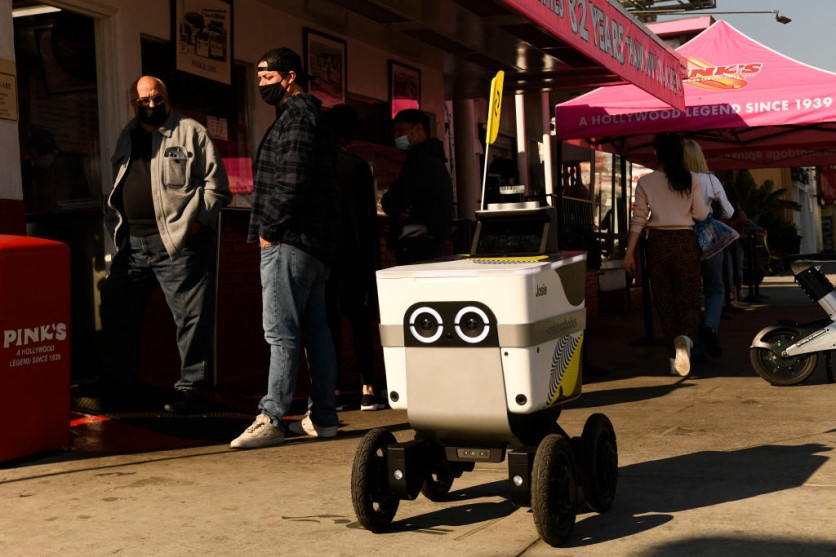The autonomous sidewalk delivery robot firm, Serve Robotics, based in San Francisco, has taken a big step toward going public by concluding a reverse merger with Patricia Acquisition Corp.
The completion of the merger came after this month's successful investment round for Serve, which raised $30 million prior to the merger, according to a TechCrunch report. The investment increases Serve's total fundraising to $56 million, including participation from new investors Mark Tompkins and Republic Deal Room and previous investors Uber Technologies, NVIDIA, and Wavemaker Partners.
A Winning Move
Since its origins as Postmates X, the robotics section of on-demand delivery firm Postmates, Serve Robotics, has swiftly developed. In several Los Angeles areas, it deployed autonomous sidewalk robots delivered to Postmates clients in 2018. A commercial service was then provided in 2020. Postmates X split into a separate startup called Serve Robotics after Uber's $2.65 billion purchase of Postmates in late 2020.

Former Postmates X CEO Ali Kashani is the co-founder and CEO of Serve Robotics. He underscored the company's dedication to giving going public due thought. However, Kashani emphasized that using a reverse merger to go public provides a quicker and more effective option to take advantage of the company's expansion.
Next Step: Business Expansion, Upgrades
Having successfully completed the reverse merger, Serve Robotics intends to use the increased funding to grow into other areas throughout the US and enhance its technology. The business plans to expand its current fleet of 100 robot delivery vehicles. Notably, Serve and Uber have a business arrangement to use up to 2,000 robots with Uber Eats, FinSMES reported.
Today @ServeRobotics announced $30M in financing and a go-public transaction, enabling us to enter new markets and deploy up to 2,000 robots on @ubereats 🤖📲🍕🚀🚀🚀
— Serve Robotics (@ServeRobotics) August 10, 2023
We're pleased to have continued support from @uber and @nvidia
Learn more: https://t.co/RTBmhaqRC6
The company Serve Robotics specializes in designing, creating, and managing zero-emissions robots for usage in public spaces, initially focusing on food delivery. The company's self-driving robots have made tens of thousands of contactless deliveries in locations like Los Angeles and San Francisco since it was founded in 2017 as a Postmates subsidiary.
Compared to other food automation firms' difficulties, Serve's smooth transition to public markets stands out. Due to financial restrictions, many businesses have shut down or laid off staff, especially in hard-tech industries like robotics, according to Spoon. Within five years, Serve Robotics went from being a Postmates initiative to a stand-alone business to a publicly listed firm, illustrating the startup's extraordinary history.
Related Article : Lyft Plans to End Surge Pricing Following Q2 2023 Earnings Report

![Apple Watch Series 10 [GPS 42mm]](https://d.techtimes.com/en/full/453899/apple-watch-series-10-gps-42mm.jpg?w=184&h=103&f=9fb3c2ea2db928c663d1d2eadbcb3e52)



